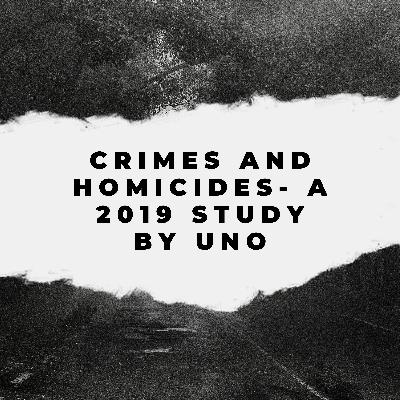Discover Hablemos de pedagogia
Hablemos de pedagogia

Hablemos de pedagogia
Author: Ana Maria Navarro
Subscribed: 1Played: 3Subscribe
Share
© Ana Maria Navarro
Description
Según la Universidad de los Andes "La pedagogía es una disciplina fundamental en el ámbito educativo, encargada de estudiar los procesos de enseñanza y aprendizaje. Su objetivo principal es comprender cómo se produce el aprendizaje y diseñar estrategias pedagógicas efectivas que promuevan el desarrollo integral de los estudiantes" En este podcast encontraras temas interesantes que se relacionan con la didáctica y la pedagogia, acompaños.
Tomado de: https://programas.uniandes.edu.co/blog/pedagogia
Tomado de: https://programas.uniandes.edu.co/blog/pedagogia
5 Episodes
Reverse
Colombian education is a comprehensive and lifelong process that seeks the personal, cultural, and social development of individuals, based on human rights and the values of democracy. It is organized into formal education, education for work and human development, and informal education, with the Ministry of National Education being responsible for regulating it.
Un modelo pedagógico es un sistema que pretende establecer una serie de técnicas, estrategias y medios de enseñanza. El objetivo de los modelos pedagógicos es lograr que los alumnos alcancen un aprendizaje significativo. Además, mediante los modelos pedagógicos se pueden establecer criterios y secuencias de evaluación.
Por otro lado, los modelos pedagógicos actuales difieren mucho de los que se utilizaban hace algunos años. Los estudios y la investigación en pedagogía avanza a ritmos agigantados, y por eso es importante conocer cada uno de estos tipos de modelos pedagógicos, así como sus principales características. Solo así será posible que el profesor aplique aquel que mejor se ajusta a la realidad de aula.
Tomado de: https://www.obsbusiness.school/blog/modelos-pedagogicos-que-son-y-que-tipos-hay#:~:text=Un%20modelo%20pedag%C3%B3gico%20es%20un,criterios%20y%20secuencias%20de%20evaluaci%C3%B3n.
How important is bilingualism in Colombia?
"Bilingualism can become a fundamental source of social opportunities, to the extent that it opens possibilities and expands freedoms and to that extent it becomes a tool for individuals who move in the new global society"
Taken from:https://repositorio.ecci.edu.co/bitstream/handle/001/2157/Trabajo%20de%20grado.pdf?sequence=1&isAllowed=y#:~:text=El%20biling%C3%BCismo%20puede%20convertirse%20en,en%20la%20nueva%20sociedad%20global.
“The World
Study on Homicide is a search for solutions. By gathering the available data,
the Office of the United Nations against Drugs and Crime seeks to shed light on
different phenomena, from the lethal gang violence and the role of firearms to
links to inequalities and murder related to gender, and in this way support
targeted action. I hope that the investigation and analysis contained in the
study are used in this spirit, not to designate “murder capitals” but to learn,
understand and strengthen prevention. Criminal activity is responsible for far
more deaths around the world than armed conflict and combinations of terrorism.
Unless the international community takes decisive action, the goals of the Sustainable
Development Goal 16 to significantly reduce all forms of violence and rates of related
mortality by 2030 will not be reached.”
“The World
Study on Homicide is a search for solutions. By gathering the available data,
the Office of the United Nations against Drugs and Crime seeks to shed light on
different phenomena, from the lethal gang violence and the role of firearms to
links to inequalities and murder related to gender, and in this way support
targeted action. I hope that the investigation and analysis contained in the
study are used in this spirit, not to designate “murder capitals” but to learn,
understand and strengthen prevention. Criminal activity is responsible for far
more deaths around the world than armed conflict and combinations of terrorism.
Unless the international community takes decisive action, the goals of the Sustainable
Development Goal 16 to significantly reduce all forms of violence and rates of related
mortality by 2030 will not be reached.” (UNODOC, 2019)
Leer es un acto de pensamiento que implica una intensa movilización cognitiva para interpretar y construir el sentido de la lectura, en una permanente interacción entre el lector y el texto, que requiere, también, la intervención de la afectividad y las relaciones sociales.






